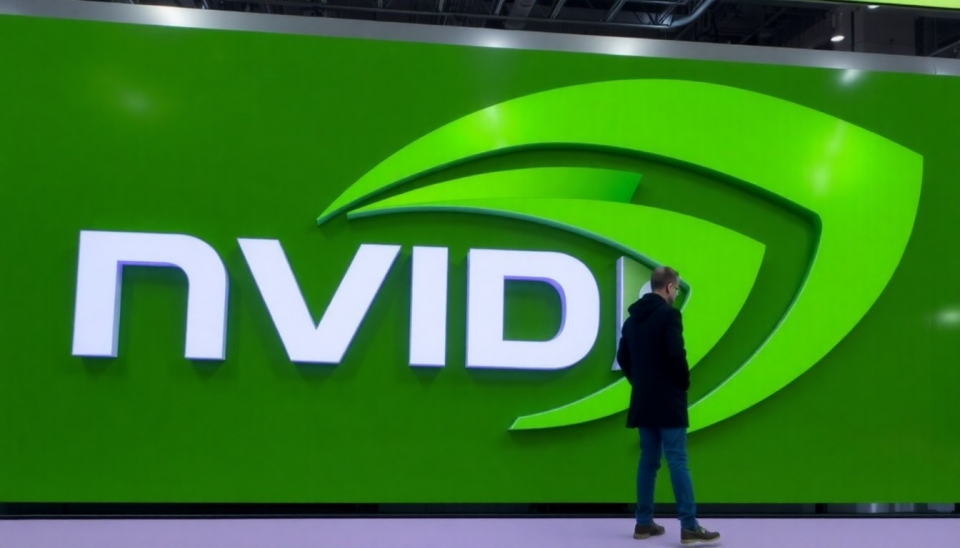
In a significant turn of events, the stock prices of companies supplying components to Nvidia have seen a sharp decline following the implementation of new export restrictions by China. This development has caused waves in the semiconductor market, prompting analysts and investors to reevaluate their positions regarding the future of this crucial sector.
The restrictions, aimed at regulating the export of advanced technology to several foreign countries, particularly affect firms that produce key components used in Nvidia's GPUs (Graphics Processing Units). As Nvidia relies heavily on these suppliers for its product line, the export limits have raised concerns about potential supply chain disruptions. Investors are now grappling with how these limitations could impact Nvidia's production capabilities and, ultimately, its market performance.
On the heels of the announcement, shares of prominent suppliers plummeted—some by as much as 15%. Notably, these suppliers had previously benefited from a surge in demand for gaming and AI-related products, driven largely by Nvidia’s cutting-edge technology. The abrupt shift has led to heightened anxiety among stockholders and has led various analysts to express their concerns over the future profitability of these companies.
The broader implications of China's export restrictions reach beyond Nvidia and its immediate suppliers. The global semiconductor industry, already grappling with supply chain challenges from the pandemic, faces another layer of complexity as geopolitical tensions rise. Industry experts are warning that these new export controls might not only affect sales immediately but could lead to a profound transformation in how companies handle their supply chains, potentially encouraging firms to look for domestic alternatives or diversify their partnerships globally.
In response to the announcement, Nvidia issued a statement expressing its commitment to navigating these challenges while remaining focused on innovation and maintaining competitiveness in the market. The company refrained from providing specific details about potential changes to its supply chain strategy but assured stakeholders that it is actively seeking solutions to mitigate the impacts of the new restrictions.
As the situation continues to evolve, investors are urged to stay informed about developments in both the semiconductor market and global trade relations. The ramifications may extend well into 2025 and beyond, marking a pivotal moment in the ongoing interplay between technology, trade, and economic strategy.
In conclusion, while Nvidia's technology remains a cornerstone of the gaming and AI markets, the newly imposed export restrictions from China could pose significant challenges ahead. Companies reliant on Nvidia will need to develop contingency plans to adapt to the changing landscape, while investors must remain vigilant to protect their interests amidst these uncertainties.
#Nvidia #ChinaExportRestrictions #SemiconductorMarket #StockMarket #SupplyChain #Technology #news
Author: John Miller




